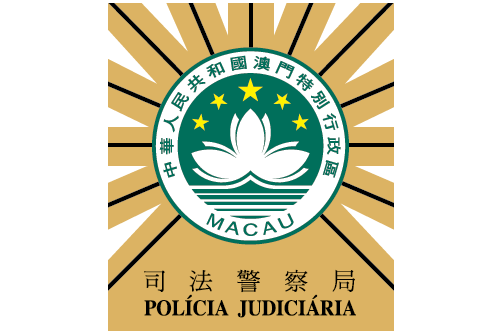China Daily Editorial
Although the joint statement issued on Friday after a virtual summit of leaders of the United States, Japan, India and Australia did not mention China, it was clear from its content that China had been the focus of their discussions.
The Indo-Pacific should be a region “unconstrained by coercion”, and the Quad* should “counter threats to both in the Indo-Pacific and beyond”, support the “unity” of the Association of Southeast Asian Nations (ASEAN), and “meet challenges to the rules-based maritime order in the East and South China seas”, they said in their statement. All phrases beloved of Washington to justify its attempts to sow discord in the region.
Given US politicians’ unfounded, self-inflicted and shortsighted anxiety about the US losing its regional hegemony to China, it is no surprise that the Biden administration is seeking the support of the US’ regional allies. And given China’s territorial disputes with Japan and some ASEAN members, strained ties with India over their border and frictions with Australia due to Canberra’s unreserved participation in Washington’s strategy to contain China, — it is no surprise they are willing to solicit US support with endorsement of such rhetoric.
But the Quad leaders’ statement also indicates there is no common foundation or strategic motive for the four countries to act together to treat China as their common and imaginary enemy. All the four countries have benefited tremendously from China’s development, and none of them will benefit from adopting a confrontational stance toward it.
As the leaders of the four countries recognized in their statement, there are common challenges, such as the COVID-19 pandemic and climate issues, that demand cooperation and coordination among countries — that should include China.
Nonetheless, although the Biden administration has vowed to avoid conflict and misjudgment with China, it seems intent on continuing the previous administration’s “maximum pressure” strategy that prompted Washington to raise the concept of the Indo-Pacific in 2018, and act accordingly.
The US thwarted Japan’s rising economy in the 1980s in an indecent way, for which Japan is still paying the price today. It proclaimed itself the winner of the Cold War in the 1990s, declaring the end of history. Now it seems intent on copying an upgraded version of the mixture of its strategies against Japan and the Soviet Union in its dealings with China.
It is to be hoped the meeting planned between senior diplomats of the US and China in Anchorage, Alaska, on Thursday, will at least anchor bilateral relations on common ground until the fog obscuring a shared heading disperses and the two sides are once again able to take their bearings.
– Courtesy China Daily
*The Quadrilateral Security Dialogue, also known as the Quad, is an informal strategic forum between Australia, India, Japan and the United States and that is maintained by semi-regular summits, information exchanges and military drills between member countries. It was established in 2007 (“Quad 1.0”), went into hibernation in 2008 and was relaunched in 2017 (“Quad 2.0”) – MPD





